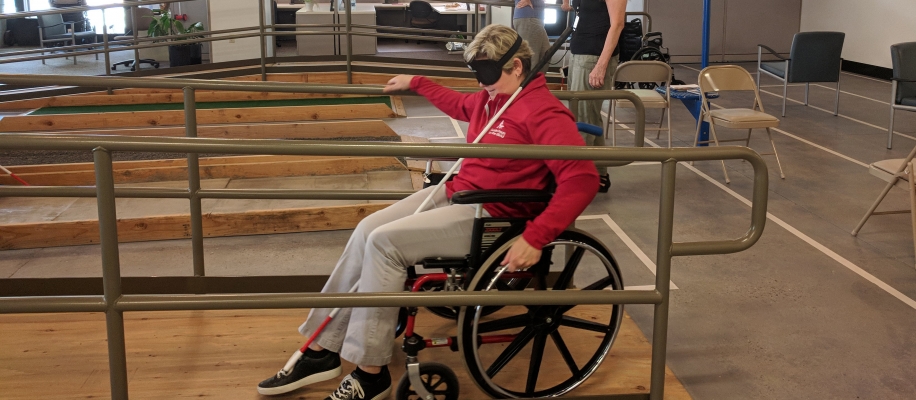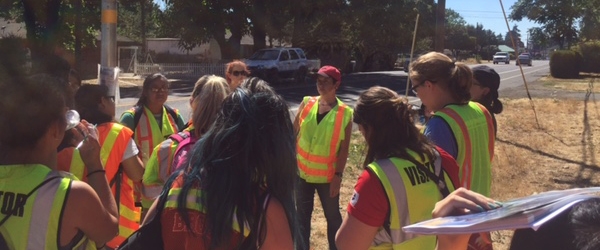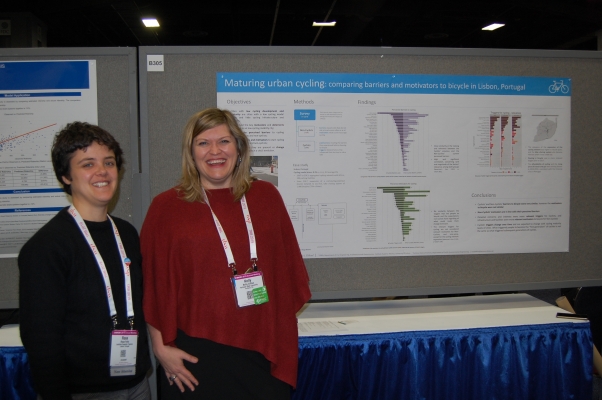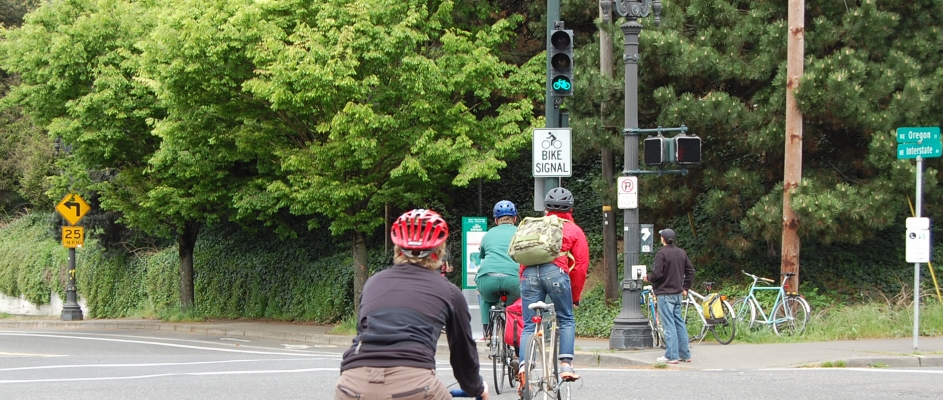This course is being offered again April 3–10, 2019. Learn more and register here.
"Scientific Computing for Planners, Engineers, and Scientists," our data science course for transportation professionals, has completed its second year and continues to help planners and engineers improve their data processing workflows.
Taking an ocean of numbers and converting it into compelling infographics, charts and narratives that communicate results is a key part of the transportation profession, and a daunting challenge. That's why we created this week-long data science course. It's also why we're offering a one-day workshop that focuses specifically on transportation...
Read more
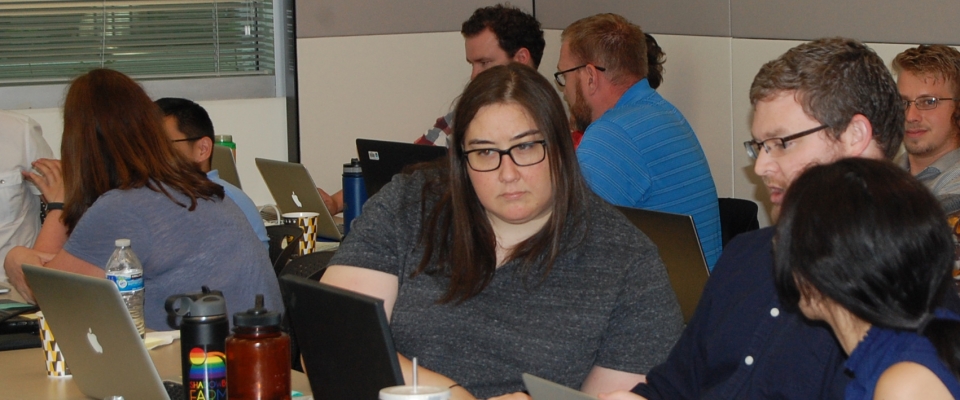
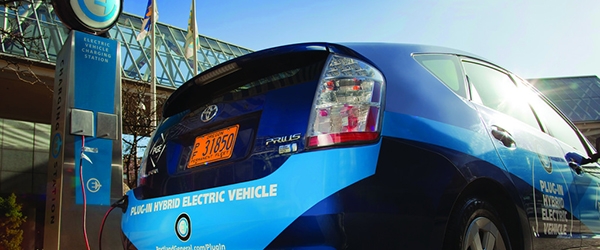
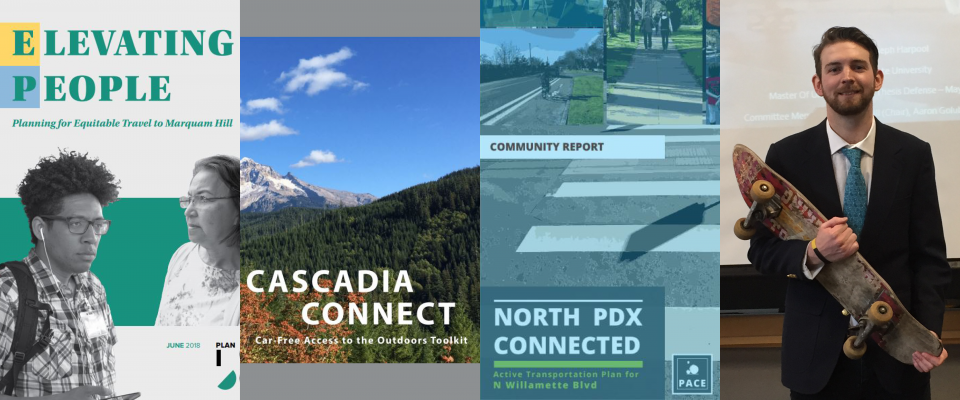
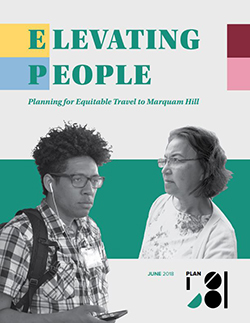 Elevating People: Planning for Equitable Travel to Marquam Hill
Elevating People: Planning for Equitable Travel to Marquam Hill

